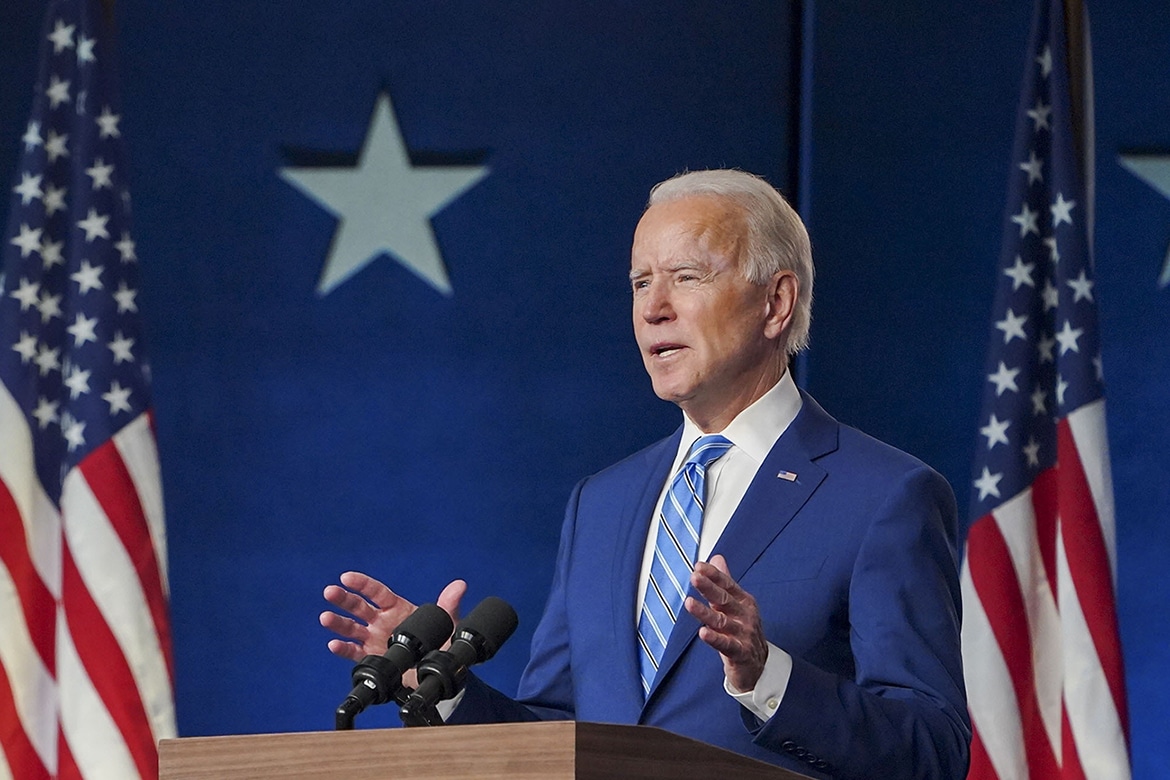
Darya is a crypto enthusiast who strongly believes in the future of blockchain. Being a hospitality professional, she is interested in finding the ways blockchain can change different industries and bring our life to a different level.
Seoul’s authorities have chosen Samsung SDS to guarantee administrative transparency and convenience through introduction of blockchain technology.

Samsung SDS, IT branch of the South Korean electronics giant, has announced a contract with the Seoul’s authorities, in terms of which Samsung is to contribute to the development of ‘information strategy’ plan. This assumes applying blockchain technology towards the city’s entire administration.
The Seoul Metropolitan Government aims at increasing transparency for the government services, improving public safety and transportation affairs in the city by 2022. Authorities have already defined a number of sectors for blockchain applications, which include welfare, safety, traffic and other municipal affairs.
Initially, applications will utulize blockchain tech in the form of a secure, immutable logbook used for recording personal information of citizens, paying out allowances to unemployed youth and selling of used cars. The quadrennium objective is broad expansion of civic convenience and administrative transparency through blockchain technology powering the entire city’s municipal administration.
As Hong Won-pyo, CEO of Samsung SDS states:
“Samsung SDS intends to contribute to the city becoming a world-class city by strengthening the transparency, fairness and civic convenience through its own blockchain technology and consulting capability.”
As per contract, the task of Samsung SDS is to assess the environment and chart a roadmap toward both “introducing” and broadening” blockchain technology throughout the city’s municipal government over the next five months. Samsung will design and propose software models and plans for their systematical implementation within city’s public sector.
Blockchain technology is the world’s leading software platform for digital assets. This technology presents systematic approach to creating and controlling data. Since data on the blockchain is decentralized, it is safer than conventional means of information copy and storage, when security is guaranteed through keeping multiple duplicates in diverse locations, all of which need to coordinate to function.
As for Samsung SDS, the company already has experience in working on blockchain solutions. In particular, it created the Nexledger platform and, after testing its capabilities, applied it to the Samsung Card. The platform provides digital payments, identity and authentication services powered by blockchain tech, having the potential to become an effective solution for shipping logistics, for instance.
By the way, Samsung is the first company in South Korea that introduces blockchain technology to the public sector. In May, its blockchain facilitated pilot project for the country’s shipping and logistics industry had success with the entire logistics chain process including the first Korea-China shipment.
It’s worth noting that many governments worldwide are quite interested in the blockchain technology. Ukraine, for example, uses it to thwart land fraud, the Republic of Moldova records identity data on the chain to combat child trafficking. British think tank Reform UK, in its turn, insists that the government should use blockchain for authentication and verification porposes to eventually enable citizens securely manage their own identity information. Of course, this can hardly pretend to be the full list of “blockchain-positive” governments, but the trend for blockchain tech in the public sector is absolutely clear – it becomes literally viral all over the world.

Darya is a crypto enthusiast who strongly believes in the future of blockchain. Being a hospitality professional, she is interested in finding the ways blockchain can change different industries and bring our life to a different level.




